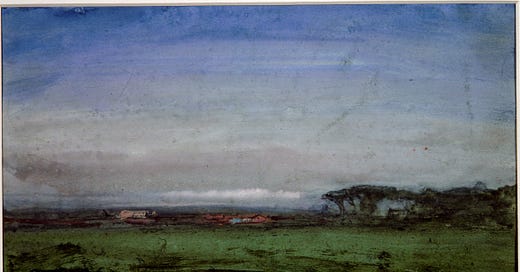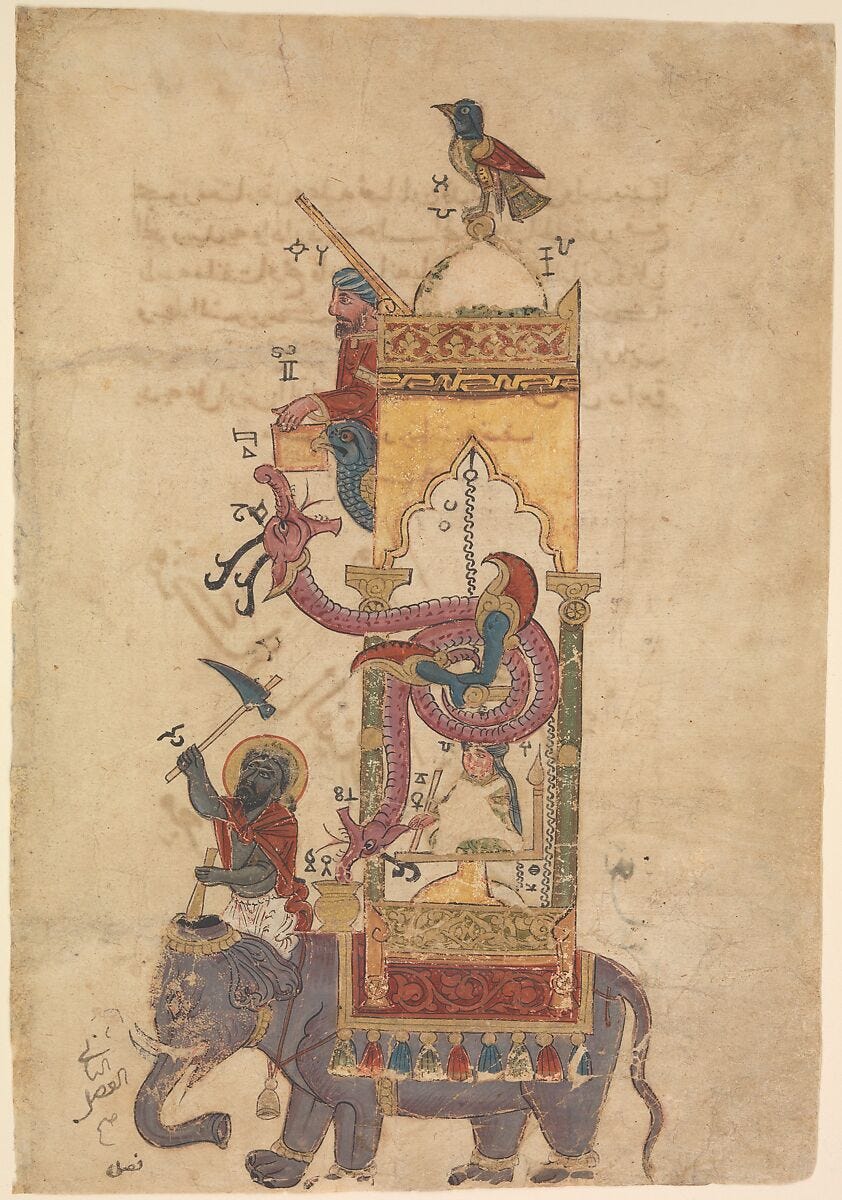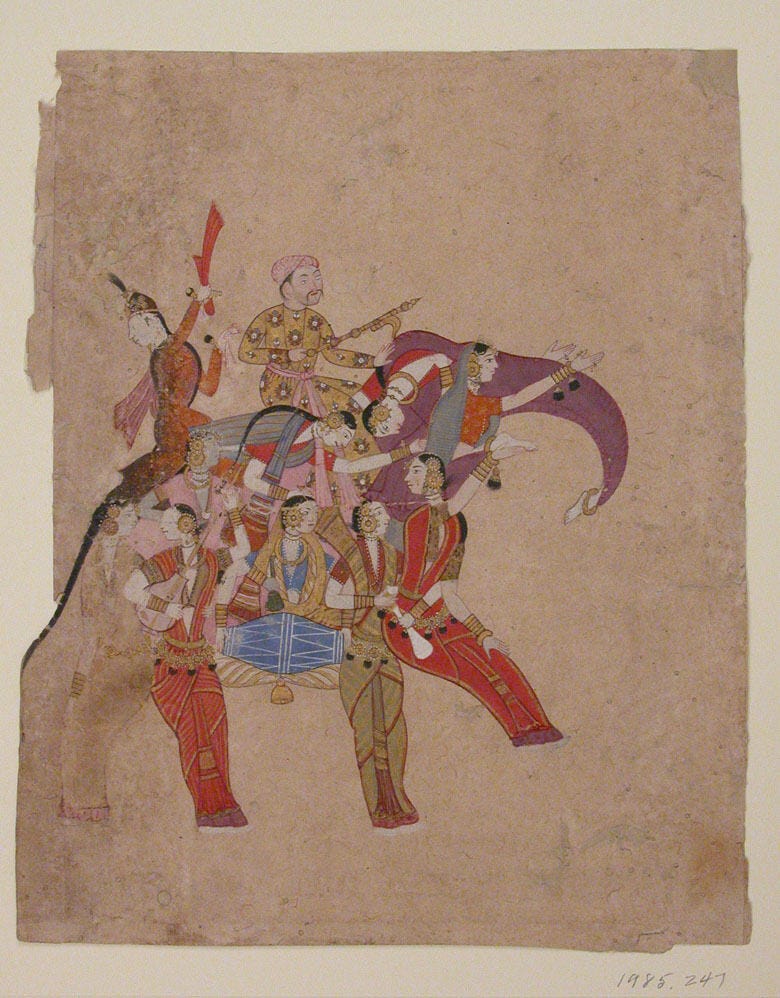Wade Davis sometimes tells a story of growing up at the edge of cultural zones in Pointe Claire near Montreal, where one side of the street was english speaking, and the other side french, and how living and learning to navigate between these two worlds and ways of being showed him how different a place can be just by a few shifts of the mind. How the same street could be solar systems apart from one side to the other. He is curious beyond bounds, and celebrates others who are curious. He is one of those people who understands that we are all the same matter, and answers emails or calls of the curious when it is obvious there are burning questions at the root. This is how I came into contact with Wade, I had burning questions and reached out and he was kind enough to answer and help. That was before the pandemic and we have kept in touch. He has also been kind enough to allow some of his writing to be shared here at The Timbuktu Review. The below is a slice from a collection of his called Beneath the Surface of Things, released by Greystone Books in Vancouver. Thank you Wade and the kind people at Greystone.
A bio: Wade is a writer, photographer, and filmmaker. He is a cultural anthropologist, an ethnobotanist, a plant explorer, a past Explorer-in-Residence at the National Geographic Society from 2000 to 2013, he is currently Professor of Anthropology and the BC Leadership Chair in Cultures and Ecosystems at Risk at the University of British Columbia.
I once asked the poet Gary Snyder to name the single most important thing we could do to support the wild. He replied, "Stay put." Sure enough, in the early months of 2020, as travel came to an end and the world shut down, nature rebounded in a manner that was both astonishing and profoundly hopeful. Overnight, or so it seemed, caimans once again darkened the sands of Baja, wild boars moved through the streets of Barcelona, flamingos by the thousands gathered in the wetlands of Mumbai, wolves and bears returned to the valley floor at Yosemite. Rivers ran through Medellin and Bogotá as if mountain streams. The canals of Venice were clear for the first time in modern memory. Slum dwellers long shrouded in smoke and industrial haze in Delhi, Lahore, and Kathmandu woke to blue skies and white mountain summits scoring the horizons. In a time of global fear and peril, the resilience of nature unveiled the promise of a new dream of the Earth.
In the end, of course, nature was not reborn, and as the pandemic waned, old habits returned with a haste and confidence that was itself haunting. That so many had suffered, with millions having perished, was lost in the fluidity of our memory, overwhelmed by our capacity as a species to forget.
What we recall as individuals is not the planetary but the deeply personal, all the crazy anecdotes that we've shared with each other over these last many months. Where we were and what we were doing as the world skidded to a halt and all our precious plans took a sharp detour to the car wash.
Returning from Colombia in the first days of March 2020, I was looking ahead to a travel schedule that would have me in seven countries, speaking at some forty events through the end of May. A new book was to be launched in April, with media appearances already booked for Canada, the U.S., and the U.K. On the day that Italy shut down and Israel closed the international airport in Tel Aviv, my wife, Gail, and I very nearly boarded a flight for Amman, with a dozen elderly Canadians in our charge, all over seventy-five and all keen to tour the ancient sites of Jordan. Instead, with immense relief, we hunkered down on our little island near Vancouver, like schoolchildren who had stumbled upon a summer vacation they hadn't expected. A vacation that morphed into a retreat that ran on for two years.
Time became something new. Life slowed down. Work became leisure, with new and unexpected efficiencies that, in the short term, were truly liberating. I recall one morning in particular, early in the lockdown. From my office on the hill, I began the day online with an editor at Rolling Stone in New York, honing one of the essays featured in this collection, "The Unraveling of America." I then reached out to a colleague in Toronto to finalize edits of a short essay on Lawren Harris, scheduled for an upcoming book on the Group of Seven. Using Zoom for the first time, I delivered a talk at a writers festival in California, addressing not three hundred attendees but an online audience of four thousand, all without having to spend three days drinking in excess while chatting up strangers. I then moved on to Singapore, administering remotely a makeup exam for one of my students.

His results in hand, graded and submitted to the university, I glanced at my watch. It was not yet noon. Just enough time to plant the apple saplings before lunch, which I happily did, in a meadow flush with wildflowers.
For well on a year, forced like everyone to stay put, I embraced stillness and before long was looking back at my old frenetic life of travel as if a violent hallucination.
Almost everything I'd previously written had been based on movement, direct experiences at the far ends of the Earth.
Suddenly travel was not an option. I had no choice but to take in the world through the windows of this small aerie on the hill, explorations that carried me not along rivers or across deserts but through dense forests of words in texts that opened new vistas, encouraging me to think and write in new ways. Books took the place of ethnographic expeditions. Writing was a way of making sense of the whirlwind of solitude that had become our lives.
For more of Wade look here.








